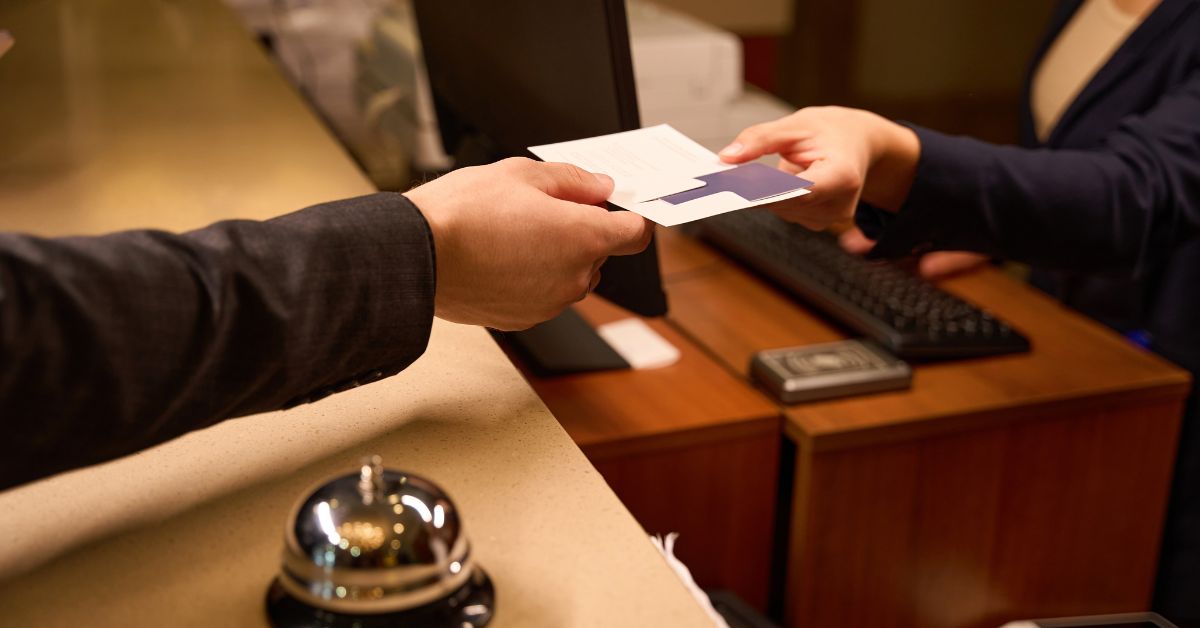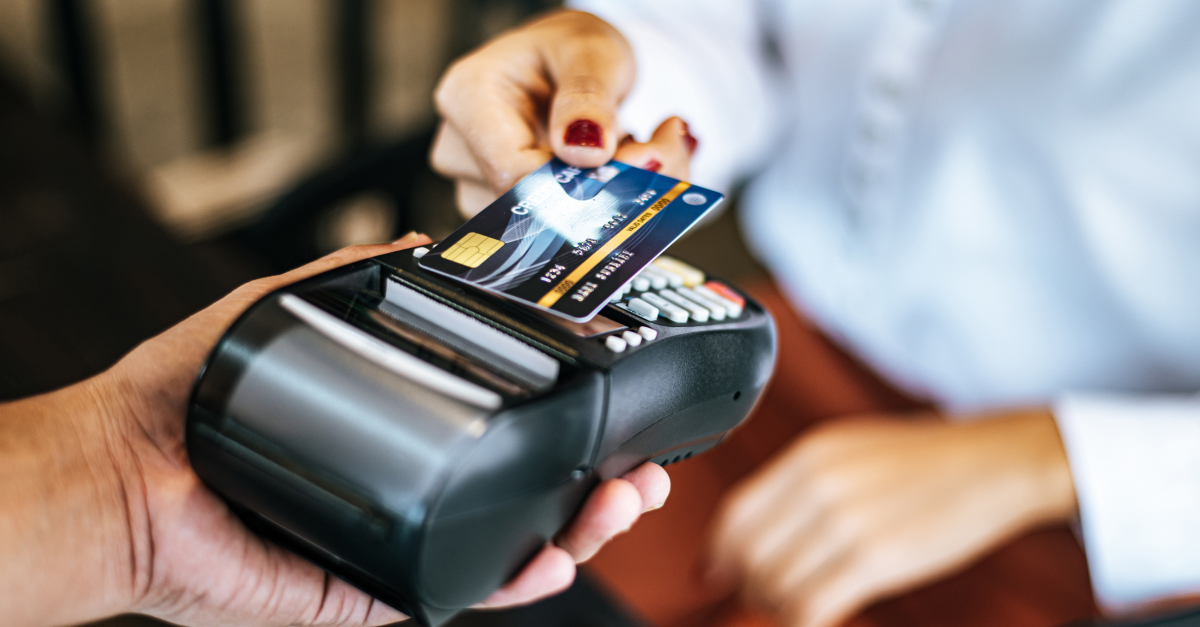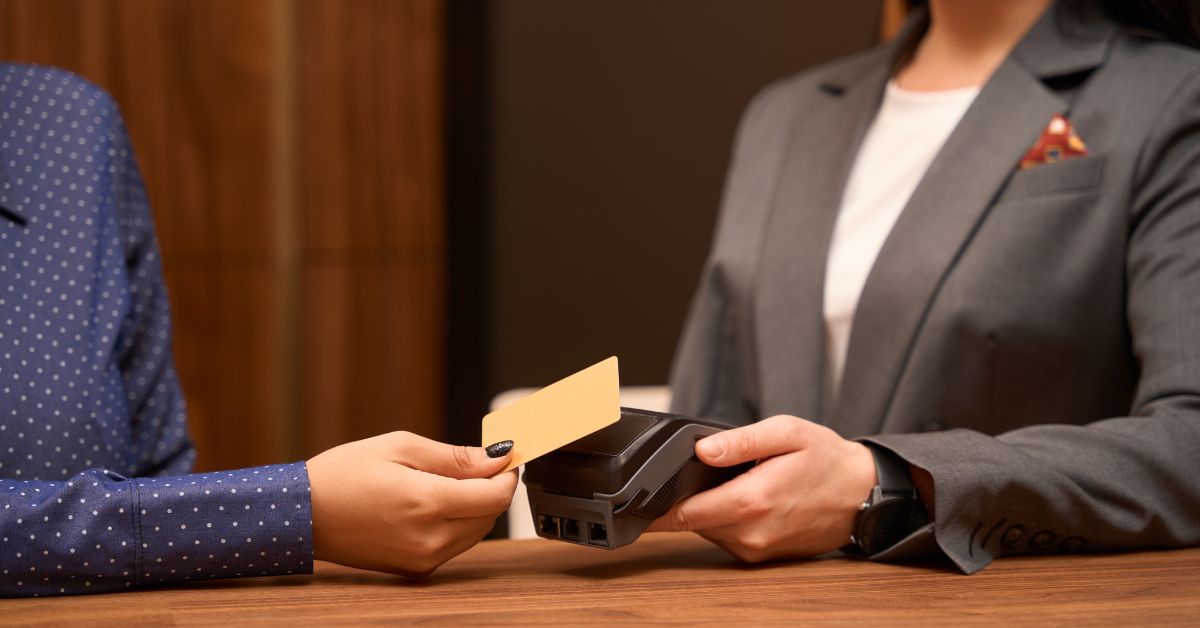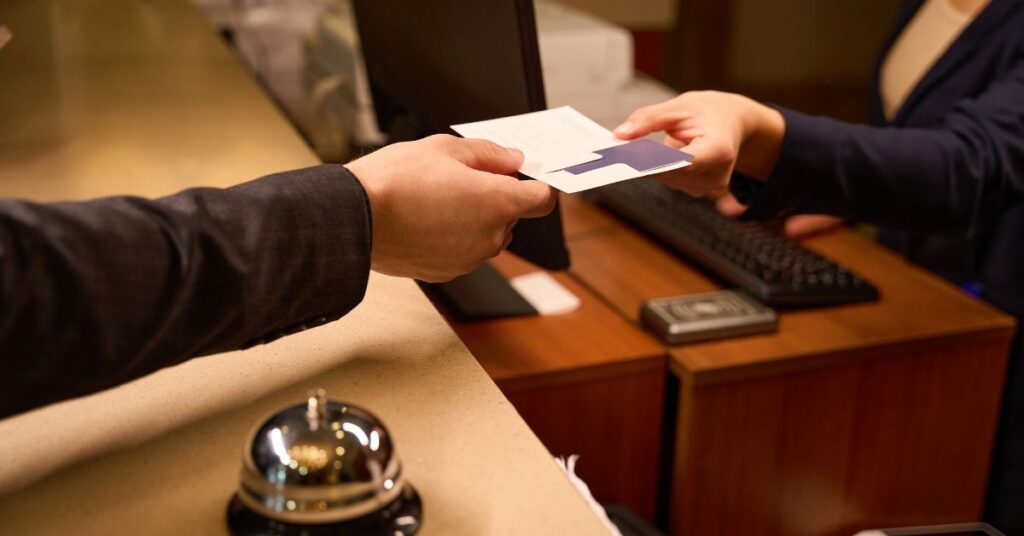
Have you ever sent a credit card authorization form to a hotel, only to find out later that they “never received it”? Or worse, you arrive at the hotel expecting a smooth check-in, only to be told the payment method hasn’t been verified? If you need to move around a large crew or simply pre-pay for your guests, you’ve likely faced this frustrating scenario more than once.
Despite the digital transformation of payment systems, hotels struggle to handle credit card authorizations efficiently. Work travel is ramping up again; these inefficiencies create unnecessary stress for travel coordinators and their business teams.
But why does this problem persist? And why do some hotels repeatedly get it wrong? Let’s understand the underlying challenges that make hotel credit card authorizations such a pain.
Why Do Hotels Have Trouble Managing CC Authorization?
1. The Communication Breakdown: Shift-Based Staff and Lost Messages
Unlike centralized corporate offices, hotels operate in a 24/7 shift-based structure. This means that:
- A hotel credit card authorization form sent during the day might not reach the night shift staff.
- Hotel employees change frequently, leading to inconsistent handling of payment requests.
- Messages about pre-paid bookings often don’t get relayed effectively between departments.
2. The Chaos of Paperwork: Too Many Forms, Too Many Instructions
Hotels receive a high volume of hotel credit card pre-authorization forms daily. Some request full prepayment, while others authorize only room charges, excluding incidentals. This inconsistency leads to:
- Staff confusion about what is and isn’t covered.
- Errors in processing payments, requiring follow-ups and delays.
- Increased risk of missing critical details, resulting in declined transactions.
Unlike major retail chains that have standardized hotel credit card authorization processes, the hospitality industry often lacks a unified system. The result? A patchwork of manual processing methods that increase the likelihood of mistakes.
3. The Fear of Chargebacks: Why Hotels Are Extra Cautious
Chargebacks occur when a guest disputes a charge, forcing the hotel to refund the amount. Since credit card fraud remains a serious concern, hotels are hyper-vigilant about ensuring that authorizations are legitimate. This means they may:
- Demand additional verification steps that slow down processing.
- Refuse to accept emailed forms due to concerns about card verifications
- Require guests to present the physical card at check-in, even if a form was pre-approved.
Many hotels prefer to err on the side of caution rather than risk a chargeback dispute, leading to frustrating policies that inconvenience corporate travelers.
4. Lack of a Universal Digital Authorization System
One major reason staff continue to struggle with hotel credit card authorizations is the absence of a standardized digital solution. While corporate travel management platforms streamline bookings and expenses, many hotels still rely on:
- Manual PDF forms that need to be printed, signed, and emailed.
- Fax machines (yes, in 2024!) to receive authorization requests.
- Outdated POS systems that don’t integrate with modern payment solutions.
In contrast, industries like e-commerce and ride-sharing have adopted seamless digital payments, reducing the risk of failed transactions. Hotels, however, remain stuck in an outdated, fragmented system.
5. Some Hotels Will Always Get It Wrong
Even with the best efforts, some hotels will continue to struggle to handle hotel credit card pre authorizations correctly. Why?
- High staff turnover means frequent training gaps in payment processes.
- Lack of accountability leads to lost forms and miscommunication.
- Complex internal policies make it difficult for front-desk staff to deviate from standard procedures, even when a valid pre-authorization exists.
This is why many corporate travelers and their support teams encounter the same issues of credit card authorization failed, regardless of how organized they are.
What’s the Solution?
While hotels may be slow to change, there are ways businesses can work around these challenges:
1. Use Corporate Travel Management Platforms That Setup Direct Payment with Frequently Booked Hotels
Using corporate travel management platforms that set up direct payments with frequently booked hotels is a smart way to streamline travel expenses and improve cash flow. Here’s how it works and why it benefits your business:
How Direct Hotel Billing Works
- Instead of employees using personal or corporate cards for hotel stays, the travel management platform establishes a direct billing agreement with the hotel.
- The hotel bills the company directly for all employee stays, often on a monthly basis or as per the agreed-upon schedule.
- This eliminates the need for upfront payments or reimbursements and simplifies expense tracking.
2. Follow Up with the Hotel Before Check-in to Confirm Payment Arrangements
Even with automated systems in place, a direct follow-up with the hotel can prevent last-minute surprises. A quick call or email to the front desk ensures that they have received the payment details and there won’t be any issues at check-in. This is especially useful for long stays or when teams with large crews.
3. Choose Hotel Chains with Digital Payment Solutions to Minimize Processing Delays
Although restrictive, selecting hotel chains that support digital payments can make the check-in process smoother. Many hotels have streamlined, modern partners that instantly convert your form into payment confirmations that help reduce disputes and delays. This can also streamline invoicing, making expense reporting easier for accounting teams.
4. simply use itilite to Eliminate Manual Authorization Forms
With itilite, you eliminate credit card authorization forms. itilite shares a virtual corporate card with the hotel when booking and reconfirms every payment before check-in. The traveler receives access to a one-time virtual card, ensuring the hotel can only charge the authorized amount.
This reduces administrative work while preventing hotels from placing excessive holds on your high-limit corporate cards.
Calculate your savings now!
A Smarter Alternative to Hotel Credit Card Authorization Forms
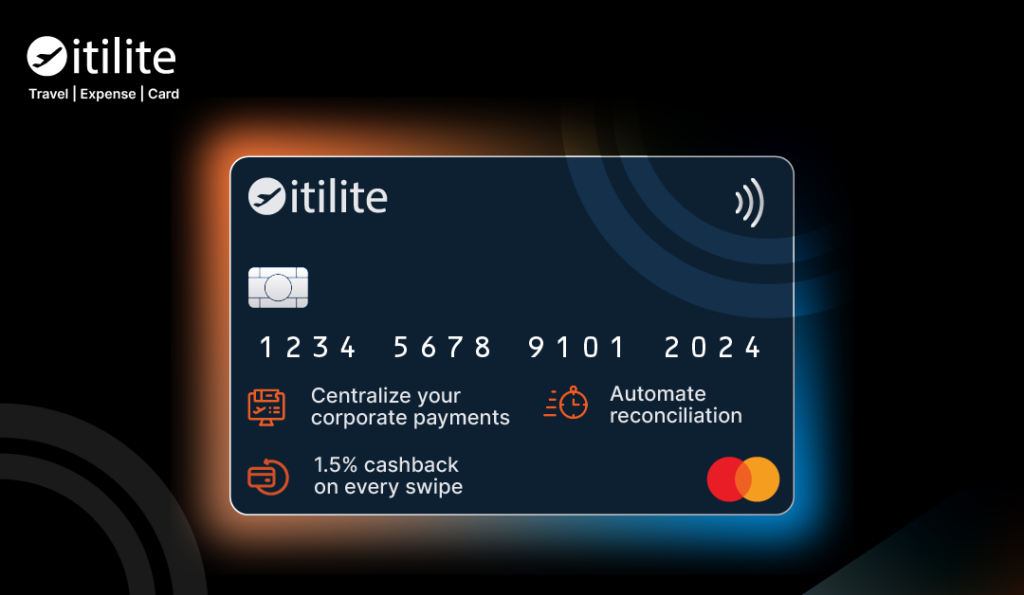
Companies can eliminate manual authorization forms by switching to itilite virtual cards. Here’s how itilite simplifies hotel payments:
- One-time virtual card for each booking, removing the need for authorization forms.
- Direct sharing of payment details with hotels, ensuring a hassle-free check-in.
- Smooth check-ins, as itilite reconfirms payment details before guest arrival.
- Reduced risk of fraud, with spending limits on virtual cards and built-in security.
By ditching outdated hotel credit card authorization processes and embracing modern hotel payments businesses can make hotel check-ins effortless while saving time and reducing stress for travelers and admins alike.
